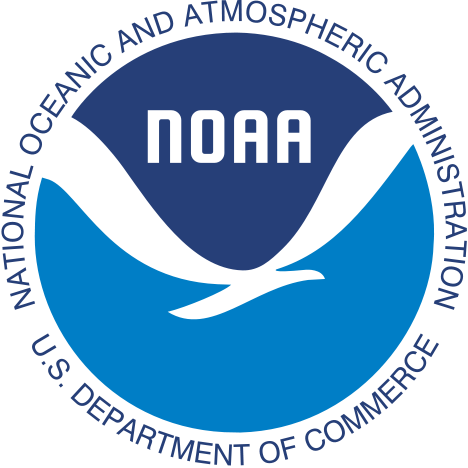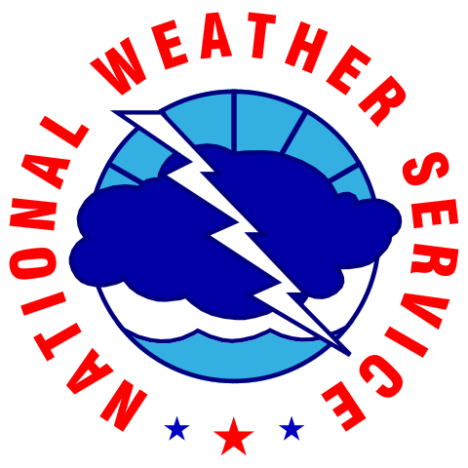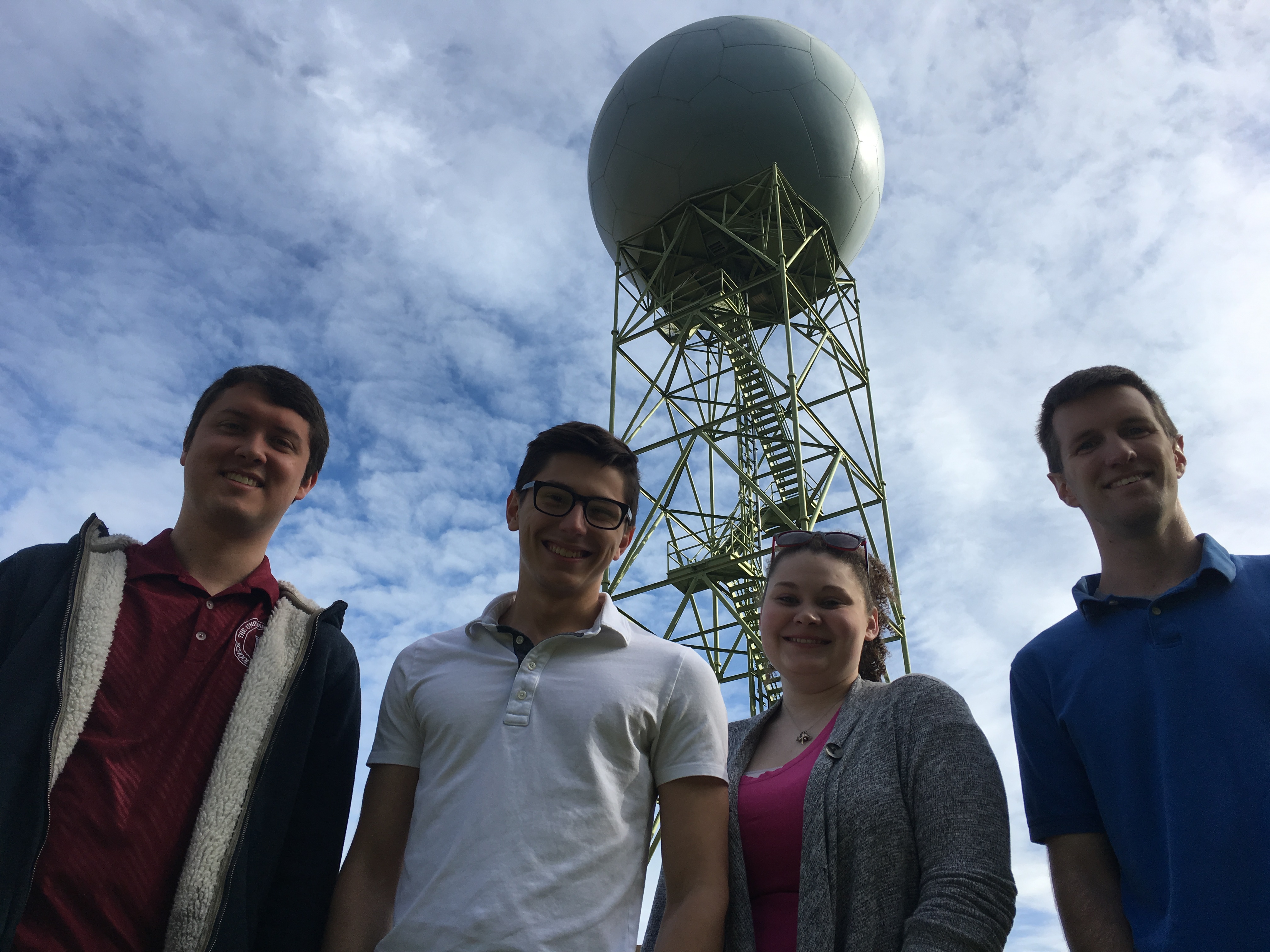


This is an internship experience at the Raleigh National Weather Service (NWS) Office for meteorology majors interested in a career in operational weather forecasting. Activities include job shadowing, weather analysis, development of area forecast discussions, weather and storm summaries, seasonal familiarization sessions, site visits, and participation in routine shift operations of the NWS.
Learn more about this experience by viewing recent Newsletters:
Spring 2018, Summer 2018, Spring 2019
NWA Conference Poster on the NC State/NWS Raleigh Internship
References
AWIPS Familiarization Reference and Worksheet
NOAA Technical Memo Operational Mesoanalysis
HPC Unified Surface Analysis Manual
Forecast Process - A General Approach to Weather Forecasting
Another Forecast Process View - Weather Forecasting Techniques and Tools
Area Forecast Discussion Reference
MetTalks: Exploring Careers in Governmental Meteorology (Playlist)
The internship is typically structured into weekly visits covering the duration of a single semester (anywhere from 10-15 weeks). During those visits, the following
topics are usually discussed. Note that the order is subject to change based on staff availability and workload:
Entry Level Met Duties:
Data collection/QC
Climate
Hydro/Rivers
Media/public calls
Social Media
What to expect in first year of met position
Duties during active/severe weather
Brief Overview of AWIPS functions/tools
Meteorological Watch
Situational Awareness
Satellite
Upper-air observations
Surface observations
Diagnose Cause and Effect
Diagnose causes of forecast departures
Determine Plausible Outcomes
Ensembles
dProg/dt
Probability charts
Plumes
Spaghetti Diagrams
Consistency
Deterministic global/regional guidance
Update Forecast
Based on staff availability and workload, one week will be spent working on the near-term forecast, one week will be spent working on the long-term forecast, one week will be spent working on the aviation forecast, and one week will be spent on the fire weather forecast.
Discussion on the forecast process, synoptic patterns for snow/ice, past significant events for central NC.
Work to develop a partner briefing based on critical thresholds and decision points.